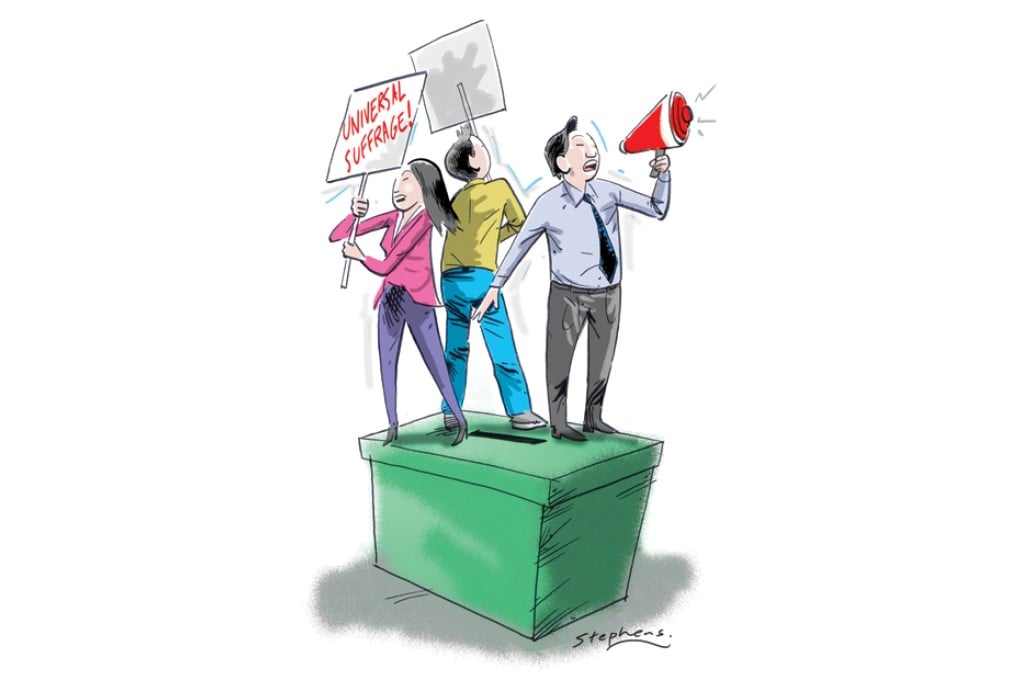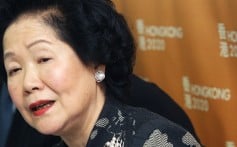New | Hong Kong people must not settle for anything less than universal suffrage
Anson Chan calls on Hong Kong people not to be deterred by the pro-Beijing bias shown in the consultation document for electoral reformand voice their support for universal suffrage

The government has finally published its long-awaited consultation document on methods for selecting the chief executive in 2017 and for forming the Legislative Council in 2016. While Hong Kong 2020 had no great expectations, given that the public had already been advised it would contain no specific proposals, we did not expect it to be quite so lacklustre.
The document is repetitive, full of clichés and, despite the government's commitment to pave the way for an open discussion of options, takes some very uncompromising positions on interpretation of key parts of the Basic Law. The constant falling back on references to interpretations by mainland officials make it all too obvious that, while the document may have been drafted in Tamar, its tone and content was steered from the central government's liaison office in Western.

With regard to election of the chief executive, the document reminds us, again and again, that under Article 45 of the Basic Law, "the ultimate aim is the selection of the chief executive by universal suffrage upon nomination by a broadly representative nominating committee in accordance with democratic procedures".
We are told that when it comes to defining what is meant by "broadly representative", we should assume the term has the same meaning as in the case of the Election Committee. This completely ignores the widely held opinion that the Election Committee is anything but "broadly representative"; on the contrary, it is dominated by pro-Beijing business and professional elites and elected by a mere 240,000 individual and corporate voters - some of whom can vote in multiple sectors and thus wield a totally disproportionate influence on the electoral outcome.
If the future nominating committee is to have credibility, its structure and the size of its electoral base must be different from those of the Election Committee.